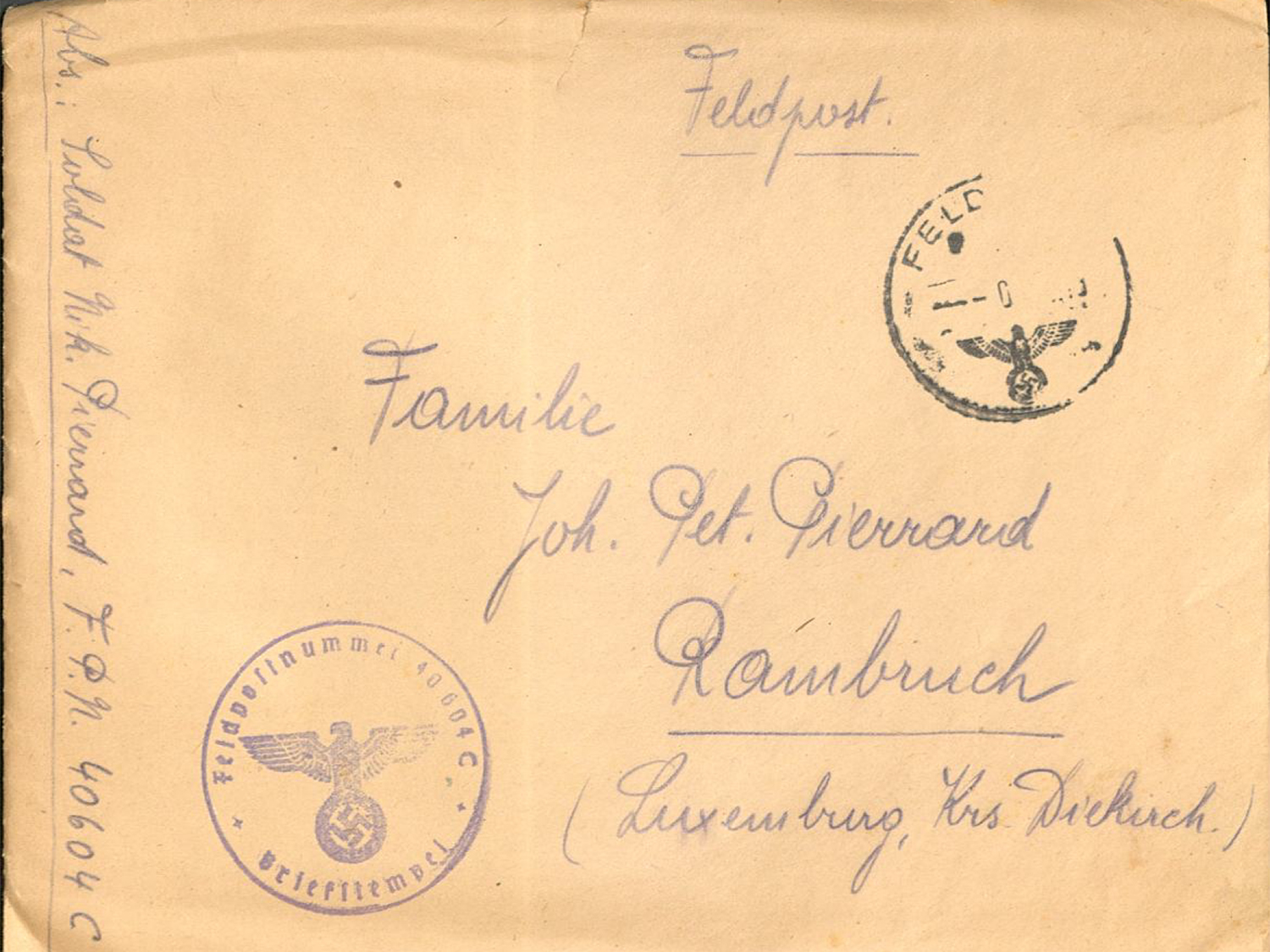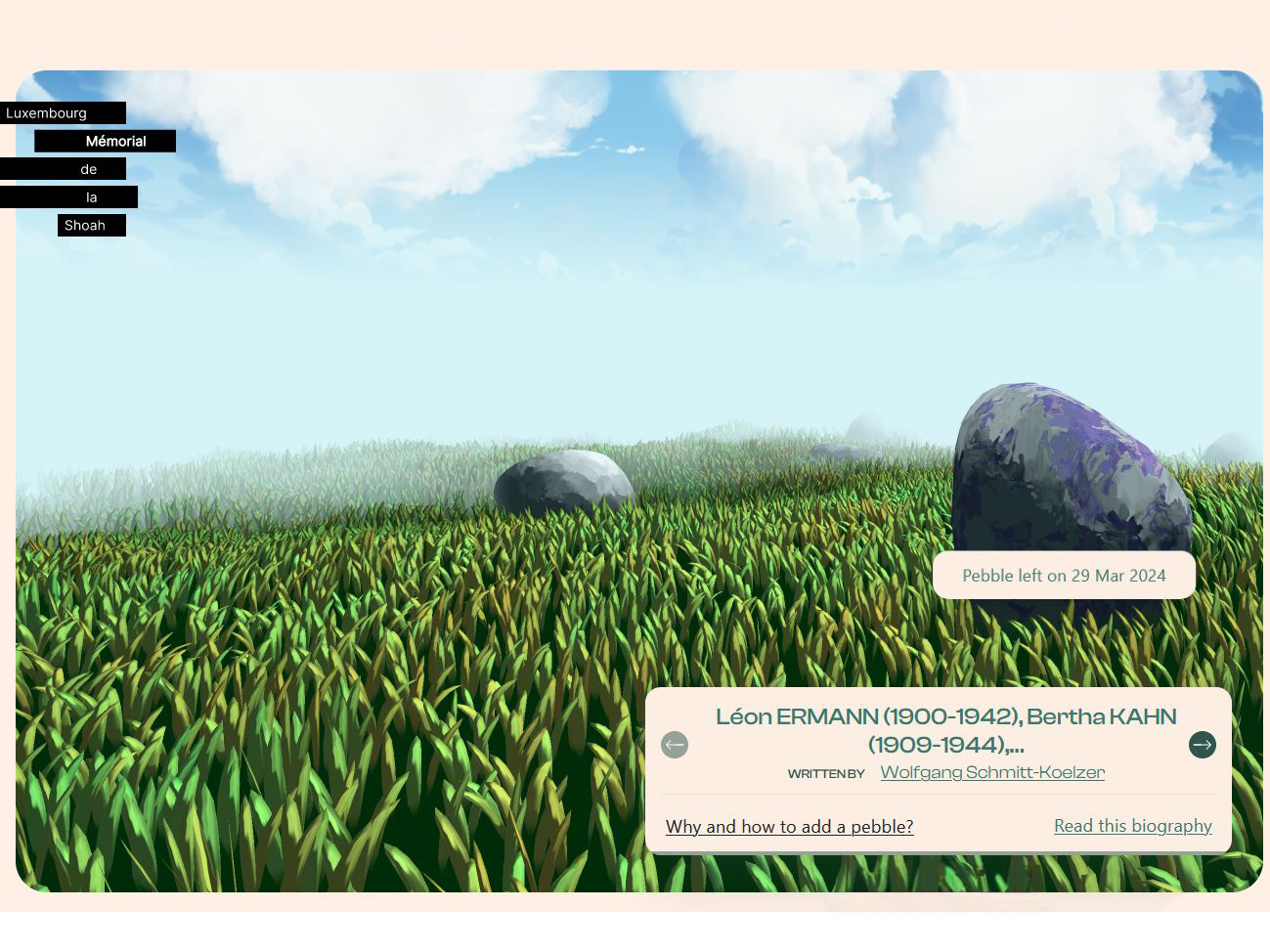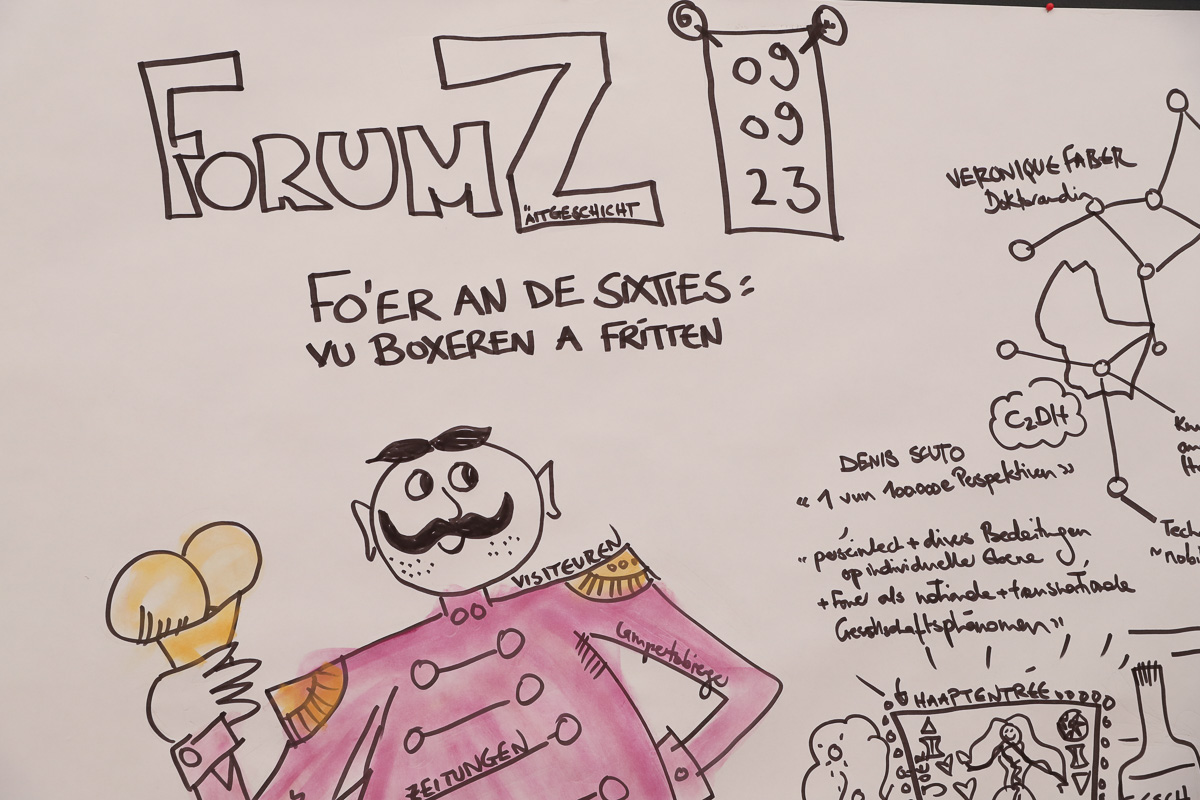In 2023, the LHI research group continued to carry out research on the request of Luxembourgish public and private stakeholders. The societal interest in the history of the Second World War is reflected in a significant number of projects: research on Soviet Forced Labourers in Luxembourg conducted by Inna Ganschow, as well as provenance research of Jewish property in the Villa Vauban, the National Library of Luxembourg and the National Museum of History and Art commissioned by the Luxembourgish state based on article 5 of its agreement with the Israeli Consistory in Luxembourg (under the supervision of Andreas Fickers). The digital Shoah memorial project gathers information about the individual trajectories of the about 5.000 people who were considered by Nazis as Jews based on the Nuremberg Race Laws passed in 1935, lived in the Grand Duchy before the German invasion on May 10, 1940 and were persecuted. In 2023, more than 50 family biographies were written by around 20 different authors and added to www.memorialshoah.lu. Visitors may now contribute to the Memorial by adding a pebble to commemorate the biography of a person or a family on the new starting page designed as an endless landscape.
Following the successful launch of a C²DH-created virtual exhibition on the First World War in Luxembourg, Christoph Brüll leads a project developing a virtual exhibition of the Second World War in Luxembourg. Through conducting research on the colonial and post-colonial history of Luxembourg and the role of actors in the colonisation of Africa, the LHI axis contributes to an ongoing debate in Luxembourgish society. Two postdoctoral researchers received access to the archives of respectively the Chambre of Employees (Estelle Berthereau) and the Luxembourg Inspectorate of Labour and Mines (Sam Klein) and prepare institutional histories. A collaboration with the City of Dudelange enabled us to scan 23 000 old residents’ cards. Two academics from the Luxembourg Ukrainian Researcher Network (LURN), Kateryna Zakharchuk and Inna Ganschow, received a C²DH Thinkering Grant to use artificial intelligence to create embroidery patterns for dance costumes of a dancing group raising money to support Ukrainians with temporary refugee status in Luxembourg.


